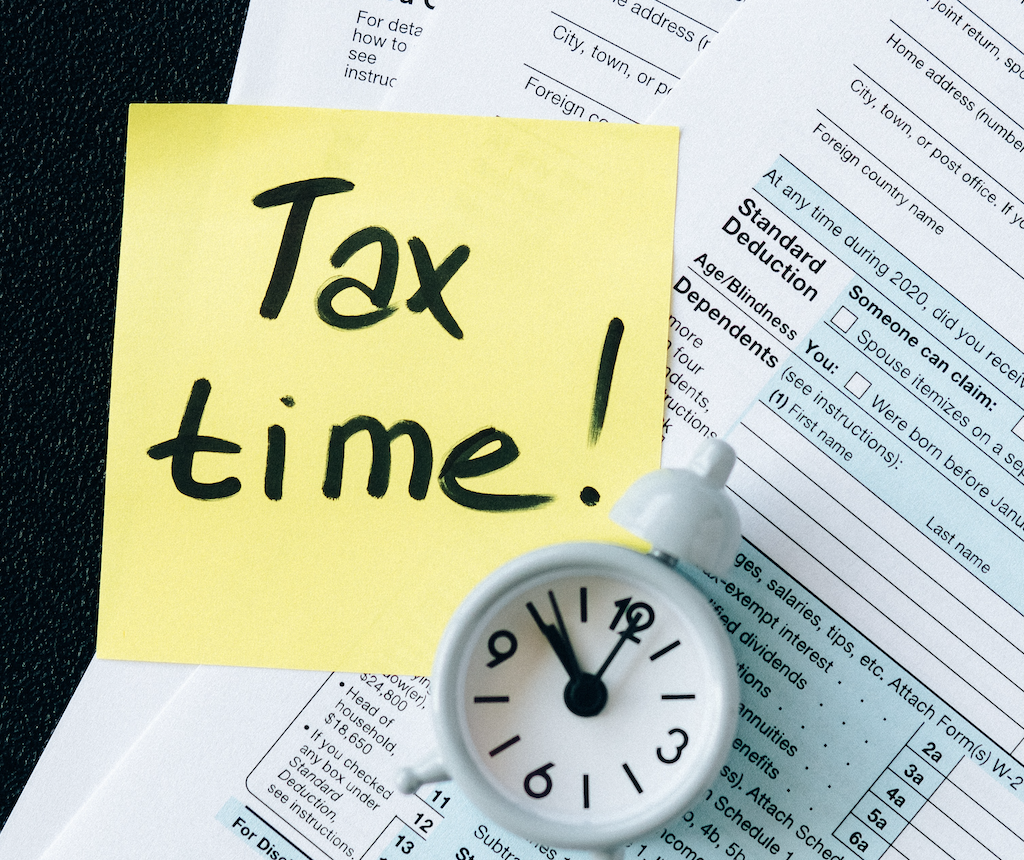There are many reasons why many of us struggle at some point to make our mortgage payments on time in Canada. Financial hardship, unexpected expenses, or even economic downturns and an increase in the cost of living are all reasons it may be difficult to make timely mortgage payments. According to the Bank of Canada, since the beginning of the pandemic, around 16% of mortgages in Canada have been deferred. While this number has fallen since, some mortgages remain in deferral. When you are facing challenging circumstances, it is an option to defer your mortgage payments (also known as a mortgage payment holiday). Deferring your mortgage payment allows you, as a homeowner, to temporarily pause or reduce your mortgage payments. It can be a welcome break to allow you to get back on track, but in some circumstances it can spiral downwards. In this article, we will provide a comprehensive guide on how to defer mortgage payments in Canada, its implications, and the steps involved to help you see if it is the right decision for you.
What does it mean to defer a mortgage payment?
A mortgage payment deferral is a temporary arrangement with your lender that allows you, as the homeowner, to suspend or reduce your mortgage payments for a specified period. During this period, the interest on the mortgage continues to accrue, but the immediate financial burden of making your mortgage payment is alleviated. Once your mortgage deferral period ends, you continue to make your mortgage payments as regular. Contrary to popular belief, you will still need to repay the payments that you deferred. Depending on your lender, this may happen in a number of ways:
- The mortgage amortization period of your mortgage might be increased
- The deferred payments might be added to your mortgage balance at the end of your mortgage
- Increasing your regular mortgage payment amounts once your deferral has ended
You should also note that while your deferral is in place, your lender will continue to charge interest on the amount that you owe. This interest will also be added to your outstanding mortgage balance.
What is the eligibility criteria for a mortgage deferral?
In order to be eligible for a mortgage payment deferral, there are a few criteria you need to meet:
- Demonstrating financial hardship – you must be able to show evidence for this, be it a job loss, illness, or other extenuating circumstance that makes it difficult to make your mortgage payments
- Good standing – ideally, you will need to be current on your mortgage payments in order to qualify for a deferral. You might still be eligible with some lenders if you have missed a few payments
- Your home is your primary residence – you must be living in the property for which you are requesting a mortgage payment deferral
Lenders will typically assess each application on a case-by-case basis, and the decision to allow a mortgage payment deferral is at their discretion.
What happens when you defer your mortgage?
Mortgage payments are composed of two parts – a principal, and the interest. Additionally, you may have property tax payments on top, and fees or optional insurance. When you defer mortgage payments, it naturally has an impact on all of these payments:
Mortgage principal
The principal of a mortgage is the money you borrow from your lender. If you are approved for a mortgage deferral, this is the amount that you are permitted to delay. If, for instance, you owe $100,000 at the beginning of your mortgage’s deferral period, once it is over you will still owe $100,000, plus interest on top.
Interest
The interest is the cost you pay to a financial institution for borrowing funds. It is calculated from the interest rate you borrowed at, the amount on your mortgage principal, and the time left to pay your mortgage. When deferring your mortgage payments, you will still need to pay interest on the amount you owe. These missed interest payments will be added to your principal, to be paid at the end of your deferral period or when you continue to make your mortgage payments once again.
Property taxes
You might pay your property taxes through your lender. Sometimes, this is a requirement of your mortgage contract or a choice of yours when you first signed up to the mortgage. When your lender pays your property tax on your behalf, this is included as part of your mortgage payments. While they may allow you to defer your mortgage and property taxes, if they do not, you will need to ensure you pay the property tax aside from the mortgage deferral.
Optional credit insurance
When you took out your mortgage, you might have chosen to purchase optional credit insurance. When this happens, your lender will include the credit insurance payments into your mortgage payments. If you are struggling, they might allow you to defer your credit insurance payments, although there is no guarantee. If not, you will continue to need to pay the credit insurance part of your mortgage. If you are finding it challenging to pay your credit insurance, you should speak to your lender to see if you can reach any kind of agreement.
What are the alternatives to deferring mortgage payments?
Deferring your mortgage payments is not the only option for mortgage relief. Here are a few different options that may be available to you:
- Extend your mortgage amortization period – this can lower your payments, although it does mean you will likely pay more in interest overall
- Take on a blended option – your lender may be able to calculate a new interest rate to lower your mortgage payments if the current rate is lower
- Ensure you have a fixed mortgage rate – if you are on a variable rate, a fixed interest rate could be more affordable, and can protect you if rates fluctuate
- Speak to your lender – your lender may be able to make a special payment arrangement to reduce your mortgage payments for a set period of time
- Skip a payment – in some cases, your lender might be willing to allow you to skip a payment to get back on track with your finances
- Make interest only payments – you might be able to defer your mortgage principal, while just making the interest payments for a financial respite
- Creditor insurance claim – if you have credit insurance on your mortgage, you might meet the eligibility criteria for a claim for payment support
- Capitalization – your lender might allow you to add late payments to your mortgage principal, which can offer temporary relief but extend your mortgage
While there are plenty of options, it is important to be transparent about your situation with your mortgage lender as soon as you can. Communicating before you miss payments can be crucial in avoiding a spiralling situation. If you make an agreement with your lender, ensure it is formalized, and carefully review the terms of any mortgage payment deferrals before you agree to it. If you are struggling financially, and need support in handling overwhelming debts, speak to a Licensed Insolvency Trustee to understand your available debt relief options.
Is mortgage deferral right for you?
Before making any knee jerk reactions and signing up to defer mortgage payments when you first show signs of struggling financially, it is a good idea to consider a few questions and review your finances carefully. Here are a few questions to ask yourself:
- Is your lender offering you a mortgage payment deferral, and do you qualify?
- How does a deferral for your mortgage work, and what do you need to do?
- How will you need to repay your deferred payments? What are the repayment terms?
- Are you able to defer your mortgage principal entirely, or do you need to make interest only payments?
- Would a skip payment work for you, or do you truly need a deferred payment?
If you do decide to opt for a mortgage payment deferral, understand that your lender does not need to agree to it. The sooner you reach out to your lender to discuss your options, the more options you will have available to you. You should also be open and honest with your lender so that they can understand your situation and help you as best as they can.
Mortgage payment deferral can be a lifeline during times of financial distress, offering temporary relief to homeowners. It is crucial to communicate proactively with your lender, understand the terms of the deferral, and plan for how you will manage repayments once the deferral period ends. If you are struggling to know where to start, book a free consultation with Spergel. We will help you to successfully navigate a mortgage payment deferral in Canada.



















